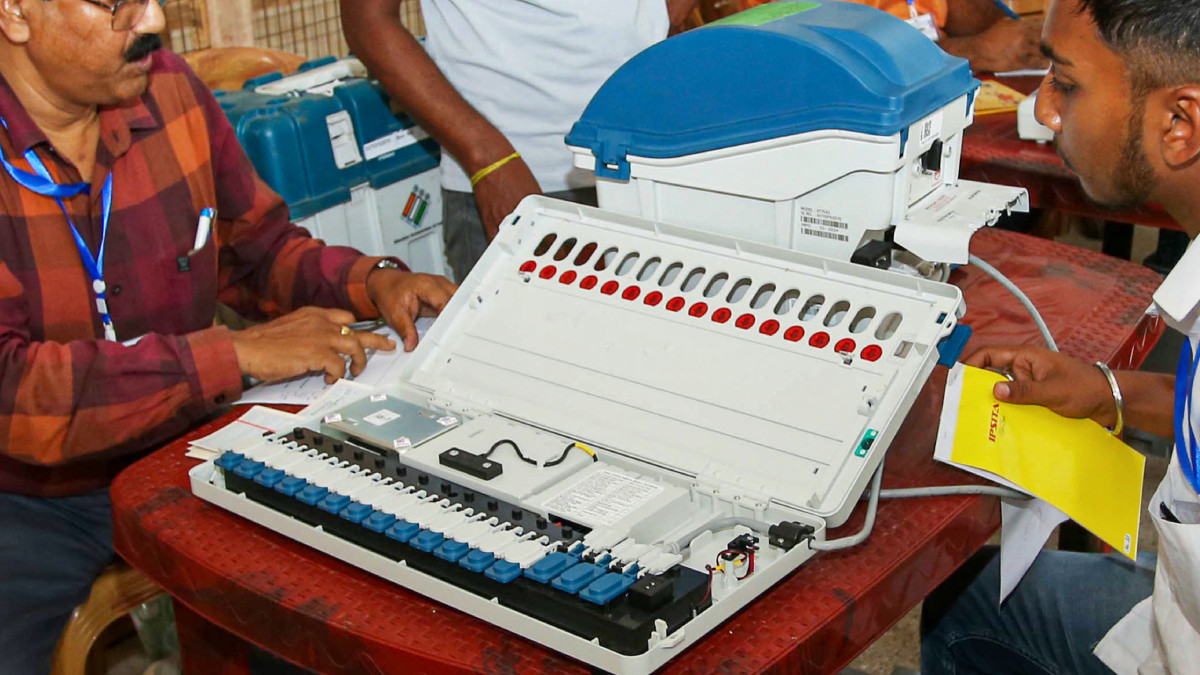
Death sentence in India: Presidential panel on mercy petitions sought
New Delhi, Oct 10: The Status of Mercy Petitions in India" highlights that even if the Law Commission of India's recommendations to "abolish death penalty for all crimes other than terrorism related offences and waging war" were to be implemented in too, death penalty shall still remain in the statute books in India.
The report was released at a function in New Delhi addressed by Justice A P Shah, former Chairman of the Law Commission of India, Satyabrata Pal, former member of the National Human Rights Commission, Cesare Onestini, Deputy Head of the Delegation of European Union to India and Suhas Chakma, Coordinator of the National Campaign for Abolition of Death Penalty in India.


Out of the 28 cases, at least 13 cases were defended by legal aid lawyers during trial and appeal stages and out of these 13 cases defended by the legal aid lawyers, 11 were rejected and two are still pending.
The instructions for dealing with mercy petitions issued by the Government of India are inherently against the death row convicts such as one week time to file mercy pleas following the Supreme Court judgement and are routinely violated. Similarly, the broad guidelines for granting mercy adopted by the Ministry of Home Affairs are routinely violated.
All these have made the decisions of the President on granting mercy poorer than many Superintendents of Prisons and brought so much disrepute that the President has lost the moral authority and his decisions no longer evoke the necessary confidence that they meet the tests of due care and diligence.
Presidential panel on mercy petitions:
In order to reduce death penalty in India and restore the majesty of the President of India, Asian Centre for Human Rights recommends:
(1) establishment of a Presidential Panel on Mercy Petitions comprising eminent citizens, inter alia, to
(i) vet the advice of the Ministry of Home Affairs on mercy petitions to ensure due care and diligence for compliance with instructions for dealing with mercy petitions, the guidelines for granting mercy, judgments of the Supreme Court and respect for stare decisis and other related international human rights standards on death penalty;
(ii) review the instructions and guidelines on mercy petitions from time to time to ensure compliance with the Supreme Court judgements and international human rights standards on death penalty; and
(iii) advise the President and the Government of India on the mercy petitions;
(2) increase the time for challenging the rejection of mercy petitions by the President to 90 days; and
(3) Revise the guidelines for granting mercy after taking into account the standards set by the Supreme Court of India and the United Nations and in addition to existing standards on prohibition on execution of juveniles, pregnant women and those who are mentally unsound, ACHR recommends 10-Point Recommendations on Consideration of Mercy Petitions for Reduction of Death Penalty in India.
Statistics on mercy pleas
That there are no accurate records of the mercy petitions considered since India's independence shows the callousness of the Government of India on the question of life and death and the respect for human dignity. In 2013, the Government of India informed the Supreme Court that over 300 mercy petitions were filed before the President by convicts on death row between 1950 and 2009.
The Government of India was obviously unaware that it had earlier informed the Rajya Sabha, upper house of Indian Parliament, on 29.11.2006 that 1,261 mercy petitions were disposed of by the President between 1965 and 2006 alone! Other studies indicated that about 3,796 mercy petitions were filed with the President between 1947 and 1964.
Information collated by Asian Centre for Human Rights (ACHR) shows that since India's independence, a total of 5,106 mercy petitions were filed by death row convicts from 1947 to 2015 (as on 05.08.2015).
Of these, 3,534 mercy petitions or 69% were rejected while death sentences in 1,572 mercy petitions or 31% were commuted to life imprisonment.
The Government of India has issued instructions for dealing with mercy petitions and adopted broad guidelines for granting mercy.
The Supreme Court in a number of judgments has held that the decisions of the President on mercy petitions did not meet the test of due care and diligence with respect to compliance with the instructions for dealing with mercy petitions and guidelines for granting mercy.
OneIndia News


 Click it and Unblock the Notifications
Click it and Unblock the Notifications

































